
The Methanol Institute (MI) has published its first comprehensive guide to methanol as a marine fuel.
Entitled 'Marine Methanol Future-Proof Shipping Fuel', the report is designed to help support buyers' decision-making on which alternative fuel is right for their fleet.
Sections of the report address regulatory drivers, environmental performance, engines and fuel systems, bunkering, handling and safety characteristics, costs and pricing, availability and feedstocks for conventional and renewable product.
Also included are case studies on first movers, including AP Moller-Maersk, Waterfront Shipping, Proman Stena Bulk and the conversion of the ro-pax ferry Stena Germanica.
Approved under the IMO's IGF Code, the orderbook for methanol-fuelled ships has been grown rapidly, with owners and operators selecting the fuel for use on a range of vessel types — from the largest containerships to small pilot boats.
Propulsion systems include tried and tested two-stroke main engines, four stroke units, and fuel cells using methanol for conversion to hydrogen. Main engine manufacturers are developing ever larger, higher capacity units. And projects have been successfully converting smaller main engines to methanol operations.
"Methanol has staked a significant claim to be among the serious fuel choices for vessel designers, owners and operators looking to make a start on their transition to sustainable operations," said MI Chief Executive Officer Greg Dolan. "While there won’t be a single decarbonization solution, it is clear that methanol has advantages that combine to provide a pathway to lower carbon and ultimately carbon-neutral operations. This report provides a clear roadmap for this journey."
MI Chief Operating Officer, Chris Chatterton, commented: "Shipowners have recognised that methanol provides them with huge flexibility in introducing a low-pollution, lower carbon fuel which is closest to a drop-in available in the market."
Chatterton added: "The decision by more and more leading shipping companies to adopt methanol as fuel signals that the industry recognises the need to start its transition to net carbon neutrality now; this publication can support their decision-making process."
To download the guide, please click here.

|
Norwegian Viva receives waste-based biofuel in Piraeus through World Fuel-EKO collaboration
World Fuel Services coordinates delivery as Norwegian Cruise Line Holdings extends biofuel programme. |
|
|
|
||
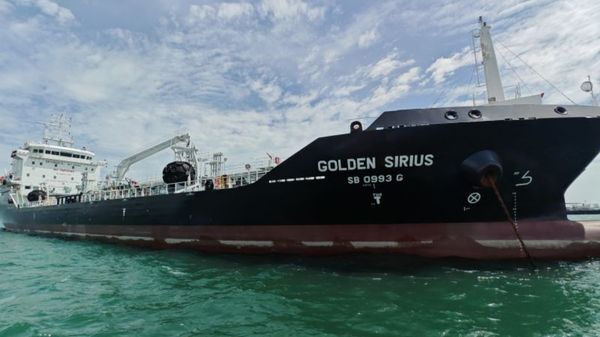
|
Golden Island delivers B100 biofuel to Maersk vessels in Singapore
Golden Island completes two UCOME biofuel deliveries to containerships in October and November. |
|
|
|
||
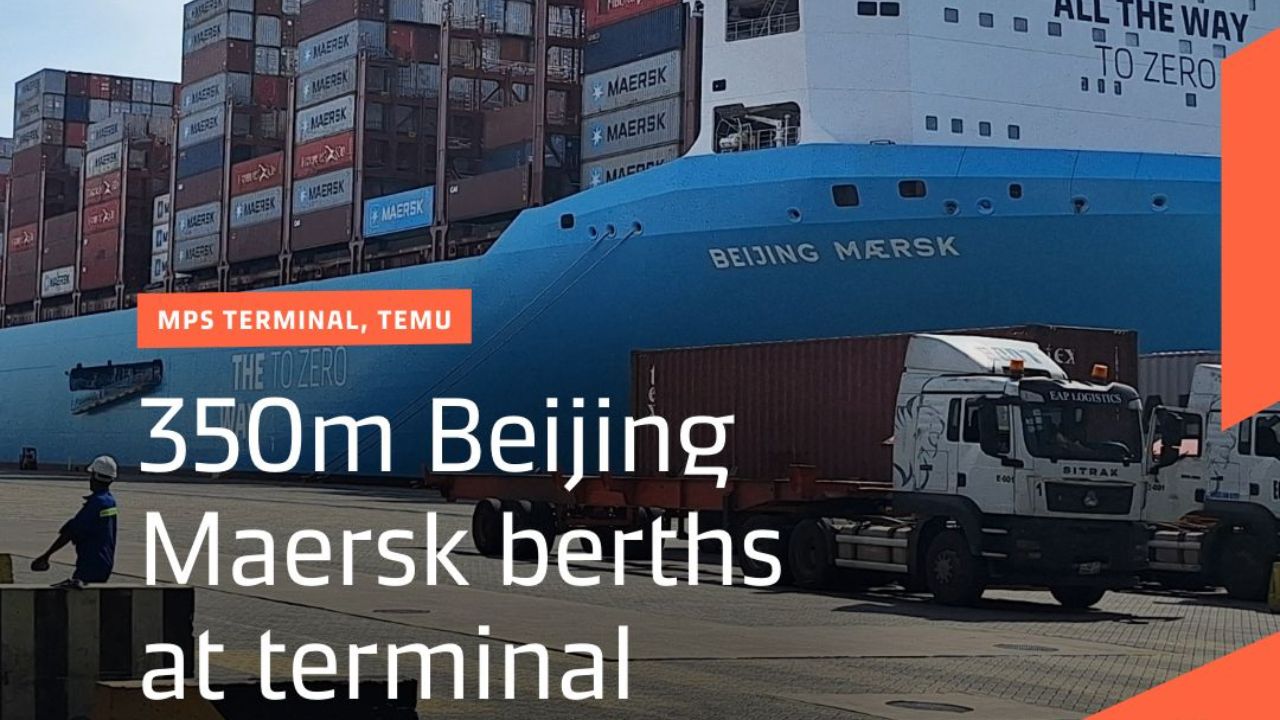
|
Beijing Maersk becomes largest vessel to call at Ghana's Tema Port
Maersk's dual-fuel methanol ship highlights West Africa's transshipment potential and decarbonisation efforts. |
|
|
|
||

|
Saudi Arabia bans open-loop scrubber use with HSFO at its ports
Ships must switch to compliant fuel or closed-loop systems, GAC advises. |
|
|
|
||

|
IMO to host technical seminar on marine biofuels in February 2026
International Maritime Organization opens speaker nominations for London event focused on low-GHG fuel adoption. |
|
|
|
||

|
Hong Lam Marine lays keel for methanol-capable bunkering tanker in China
Singapore-based Hong Lam Marine has begun construction of an alternative-fuel bunkering vessel at a Chinese shipyard. |
|
|
|
||

|
Wärtsilä outlines four trends to shape shipping in 2026
Technology group, Wärtsilä, highlights lifecycle optimisation, flexible decarbonisation, digitalisation, and evolving regulations. |
|
|
|
||
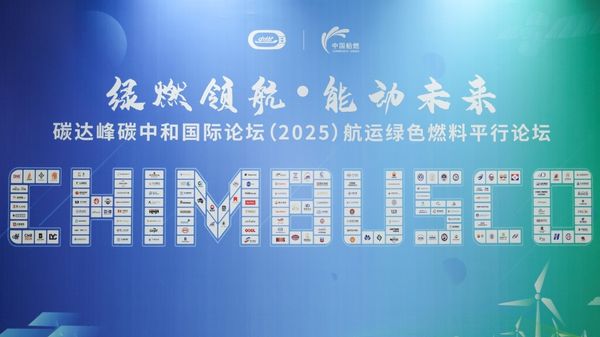
|
Chimbusco explores green marine fuel solutions at carbon neutrality forum
Chimbusco discusses decarbonisation pathways and signs cooperation agreements with shipping and energy partners. |
|
|
|
||
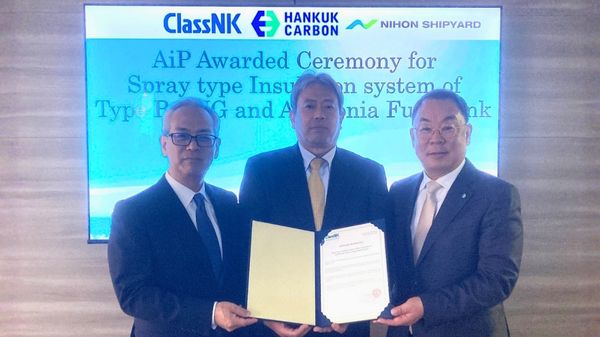
|
ClassNK approves spray insulation system for LNG and ammonia fuel tanks
Classification society grants AiP to Nihon Shipyard and Hankuk Carbon for Type B tank technology. |
|
|
|
||
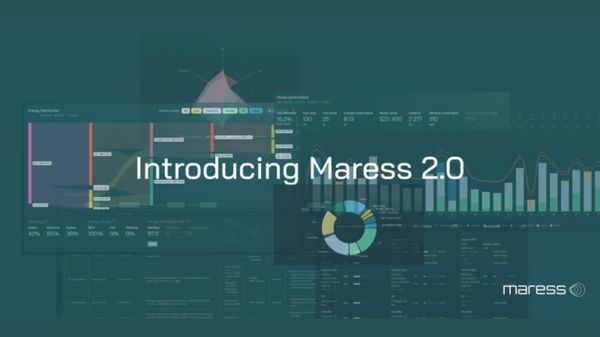
|
VPS launches upgraded Maress 2.0 maritime performance platform
Enhanced analytics and data validation added to digital platform used by almost 700 vessels. |
|
|
|
||
| Methanol fuel cell project 'proceeding as planned': Alfa Laval [News & Insights] |
| Maersk orders eight large methanol-fuelled boxships [News & Insights] |
| Methanol fuel cell project 'proceeding as planned': Alfa Laval [News & Insights] |
| Approval of methanol guidelines will release 'pent-up demand': Methanol Institute [News & Insights] |